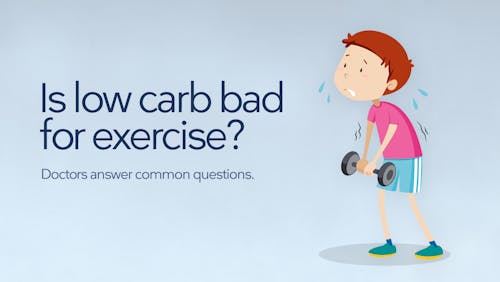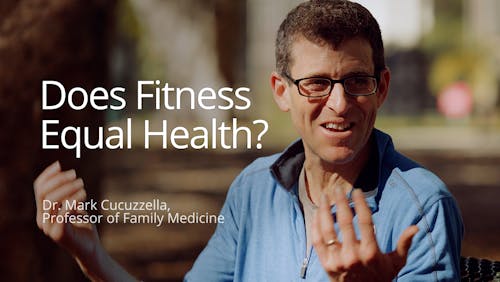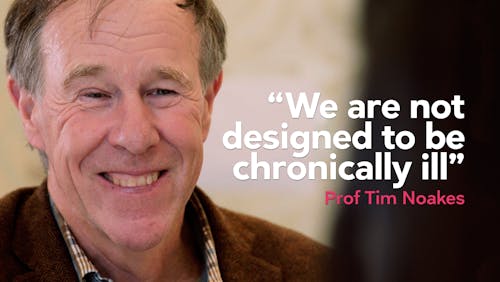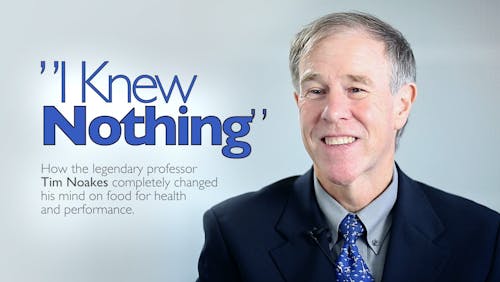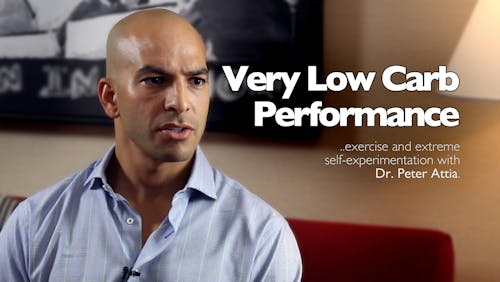Want to live longer? Get fit!

A recent study in JAMA showed that the fittest individuals live the longest. On the surface, that doesn’t sound like a groundbreaking statement. It makes sense, and is backed by science, that fitter people are generally healthier and therefore should live longer. But what’s different about this study is that there was no maximal benefit.
Prior studies such as The Copenhagen City Heart Study and a 2015 JAMA study suggested that there was a lower threshold of only 20-minutes per week to see a benefit, but there was also an upper threshold at around 450 minutes per week of exercise where we no longer saw a health benefit. In fact, other studies have shown an increased risk of atrial fibrillation and coronary calcification with increasing exercise duration.
Why the difference? Prior studies focused on exercise intensity and duration. The current study focused instead on cardiorespiratory fitness as measured by performance on a standard treadmill test. They didn’t care how the subjects got to that level of fitness, they just measured what level the subjects could achieve.
This difference could highlight the importance of training smarter, not harder. Shorter, higher intensity workouts may be the better choice for maximizing fitness benefits. The old teachings from the 80s and 90s that the best path to fitness was going “longer and farther” have been replaced with “shorter and harder.”
Another interesting result from the study was the fact that the fitter individuals who lived longer also had a higher likelihood of having high cholesterol, and a lower likelihood of diabetes and hypertension. Since this was an observational trial, we cannot exclude confounding factors, yet it is still fascinating that they lived longer despite the higher cholesterol. This correlates well with the recent trial by Dr. Phinney that showed ultra-endurance low-carb athletes have a high preponderance of elevated cholesterol. Although this is not conclusive evidence, it does further the hypothesis that perhaps elevated LDL is not much of a concern in healthy, low-carb individuals. The scientific jury is still out, but hopefully we will get solid evidence one way or the other soon.
Until then, if you focus on getting fit, the science says you will live longer. I’ll see you at the gym.
Thanks for reading,
Bret Scher, MD FACC
Earlier
Why healthy lifestyles may be more important than your weight
Beat disease with crossfit, low carb and intermitting fasting

